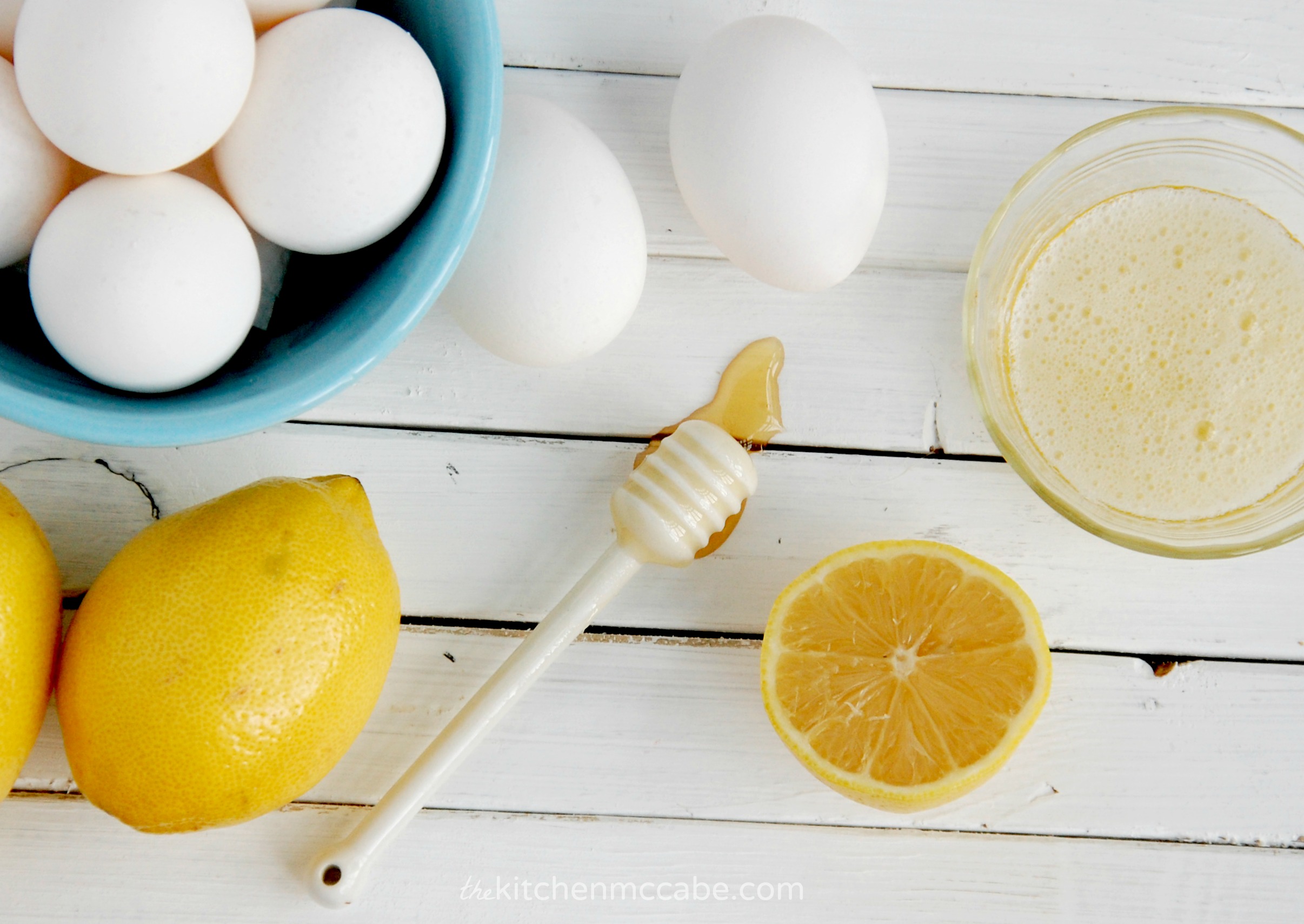Though we often hear the term “pregnancy glow,” in reality, changing hormones during pregnancy can make it a challenging time for your skin, especially when so many traditional skincare products are off limits due to their questionable effects on your developing baby. But fear not. You actually have plenty of safe and effective natural alternatives, and they may even be sitting on your kitchen shelves now. Wellness educator, Newelle McDonald, shares five natural remedies to ease common skin care problems.
1. Acne and Oily Skin: EGG WHITES and LEMON
Egg whites have astringent properties that help shrink pores, and the ascorbic acid and phytoncides in lemon provide some antibacterial action. Pesky pimples be gone!
How to use: Create a lemon-egg face mask by mixing some lemon juice with one beaten egg white. Apply to your face, and leave the mask on for 15 minutes, then wash your face with warm water.
2. Stretch marks, fine lines, wrinkles: OLIVE OIL
Olive oil is a rich source of antioxidants–mainly vitamins A and E. Vitamin E greatly helps in slowing down the chain of free radicals responsible for those fine lines, while vitamin A thickens the dermis and increases blood flow to the skin’s surface. Olive oil also has highly effective moisturizing properties, which is important for helping to prevent stretch marks.
How to use: Massage warm olive oil on desired areas daily.
3. Eczema, sunburn, or hives: OATS
Oats are packed with anti-inflammatory phytochemicals that soothe itchy and inflamed skin. Many doctors recommend using the finely ground colloidal oats sold in drugstores, but any unflavored oatmeal will work.
How to use: If using regular oats, grind them into a fine powder. Put a cup of oats through a food processor until the oats dissolve easily into a glass of water. Pour the solution into a bathtub full of warm water and soak for 15 minutes. Using colloidal oats? Just sprinkle them into the tub and say “Ahhh…”
4. Minor cuts and burns: HONEY
Most of us have tried honey in tea to soothe a scratchy throat, but it has also been used to treat wounds for thousands of years. Last year, a review of research found that honey helps heal minor to moderate burns, and a recent Dutch study identified a protein called defensin-1 that lends some antibacterial action to this popular sweetener.
How to use: Apply warm honey to a minor cut or mild burn, then put a gauze bandage on top, and change the dressing daily. Note: If you have a burn or wound accompanied by swelling, fever, or pain, check with a doctor first, as it may require oral antibiotics.
5. Bee stings or nonpoisonous spider bites: MEAT TENDERIZER
Meat tenderizer contains papain, an enzyme that breaks down proteins (like the ones in your T-bone steak). But papain can also break down toxins from bug bites and cut back on itching. Note: Use tenderizer only on mosquito bites, bee stings, and nonpoisonous spider bites. If you experience symptoms such as nausea, difficulty breathing, or cramping in your abs or lower back, seek medical help immediately.
How to use: Mix a small amount of meat tenderizer with water to make a paste and apply to the bite. Leave on for 10 to 15 minutes, and then rinse with warm water.
About the Author
Newelle McDonald is a Wellness Educator, but most people call her “The Pathfinder.” Newelle has been helping moms find their pathway to a healthy life, and healthy families, for the past 15 years. Through her company, Newelle-ness, she does one on one coaching, as well as groups and corporate education. She has partnered with the Shaklee Corporation to ensure her clients get products that are pure and effective. She loves living in Greenwich Village with her husband, Tom, and spends an hour each day in Washington Square with her dog, Rosie.
